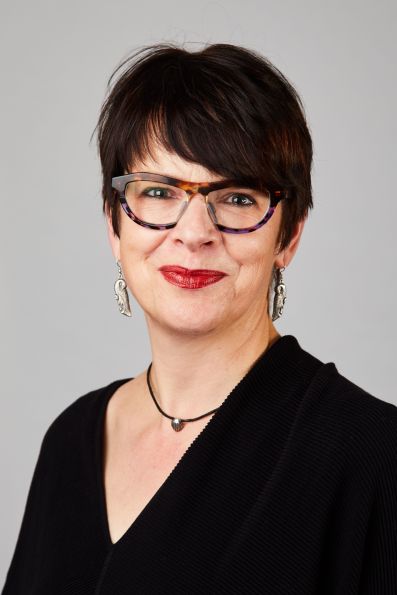That’s why Alma argues for an eco-centric perspective: “If we want to inhabit the Earth with care, our attitude towards other forms of life and existence must fundamentally change.”
With infectious enthusiasm, Alma discusses her pioneering work at Vrije Universiteit Amsterdam. Last year, she launched the Spiritual Care and Planetary Health track as part of the Master’s programme in Spiritual Care. Initially an experiment, it proved successful and is now a permanent fixture of the curriculum. Meanwhile, she also secured an NWO grant for her research into the ecological crisis as a crisis of meaning.
What do spiritual care and planetary health have in common?
“Giving meaning and philosophy of life go beyond personal questions and individual well-being; they also address the broader question of how we can live well together. In planetary health, the fundamental issue is how we can inhabit the Earth with care. In the prevailing worldview, humans are central, while the rest of nature is seen as something we can use – or abuse – as we please. But achieving planetary health, meaning the restoration of ecosystems in which all life forms can flourish, requires a different worldview: one that sees humanity as a participant in a greater whole.”
What do students learn in this programme?
“The programme focuses heavily on raising awareness of the ecological crisis as an existential crisis, and thus as a domain for spiritual care. This also requires awareness of one’s own relationship with other forms of life and existence. Part of the curriculum includes a ‘nature pilgrimage’ that enhances this personal awareness. We also pay significant attention to societal processes and philosophical or religious beliefs that play a role in the ecological crisis. And what’s more, we address the relationship between ecological questions and social justice.
“Transformation is needed at an existential level, and spiritual caregivers can use their expertise to guide this change. This includes supporting individuals struggling with anxiety or depression caused by the ecological crisis and contributing to societal transition. Spiritual caregivers can make their voices heard in organisations and the public domain, creating space for reflection on what we deeply value. This aspect of spiritual care often receives less attention but adds new relevance to the profession.”
